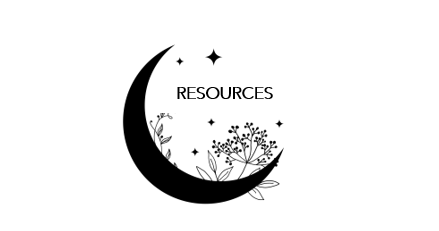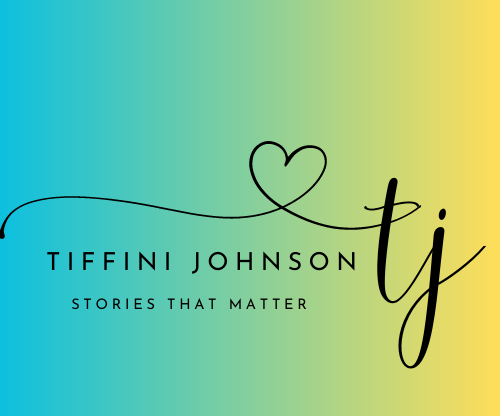RR: The Back Matter

Dear Reader,
I am a survivor of sexual abuse. While I was never kidnapped or tortured as the girls in this story are, I am well acquainted with the high costs of abuse on mental and emotional well-being. My abuse started when I was very young, and I didn’t speak up until I had a really good reason to do so: my daughters. Even after I told of the abuse, there were many, many triggers for me. It was really hard for me to use certain words. The word rape, for example, made my heart squeeze, and my cheeks flood with color.
Shame is powerful.
In the twenty years since first sharing my story, I’ve learned a lot, and healing quietly made me stronger. Words are one reason for that healing. I am a firm believer that words, and their meanings, have power. I am a connoisseur of words; I routinely seek out the etymology of words that, for one reason or another, trip me up. One such word study was particularly helpful for me: the origins of the word rape.
Since this story includes scenes of graphic abuse, both physical and sexual, I’ve included the origins of a few words. I hope that studying these original definitions can help someone find a glimmer of peace, as they did for me.
1. Consent: Originally formed from two Latin words: con (which means “together”) and sentir (which means “feeling”), consent literally means “to share in the sensation, to be in harmony.”
Healing Application: Guilt, and shame, can be debilitating. For me, admitting that I couldn’t have stopped it meant also admitting that I was truly helpless. That’s a really scary thing. This is especially true for some scenarios. I am frequently asked, “But I didn’t say no, so was it still rape?” These same people who ask me this will also describe how much it hurt them. For me, if you can’t say that you didn’t “share in the excitement” of what was happening, then it wasn’t consent. If you didn’t consent, what does that make it?
Resources: Enthusiastic consent is a new model for understanding what consent looks like. It’s based on the idea that sex is all about good communication – both verbal and nonverbal. This site gives examples of what consent should look like; it also lists situations in which consent cannot be given. https://www.rainn.org/articles/what-is-consent
2 Rape: originally derived from the Latin word rapere, which means “to steal, seize or carry away.” Today, the word is a legal term, and the definition varies slightly by state. Generally, today, rape is the forcible, unwanted penetration of a victim’s body.
Healing Application: The current definition of the word evokes powerful emotions such as anxiety, fear, or anger. Sometimes these emotions can be accompanied by physical symptoms such as flashbacks. But when I think of the original meaning – “to steal, carry away” – it feels true. Rape does steal: it steals peace, safety, confidence. It can steal trust. A person who is robbed has nothing to be ashamed of.
Resources: As a volunteer for the Rape and Incest National Network (RAINN), I receive many questions about what constitutes rape. Situations and relationships sometimes make behaviors seem confusing. For some, understanding the legal definition of what a particular state classifies as rape can be helpful. Visit www.rainn.org and search for “Laws in Your State” to learn more.
3 Hero: a person admired or idealized for courage, outstanding achievements or noble qualities.
Healing Application: Abuse screams you have something for which you should be ashamed and that you are alone. Both are lies. You are not to blame, and you are not alone. Reaching out to find compassion, practical resources, and someone to listen makes you my hero.
Resources:
- National Sexual Assault Hotline: 1-800-656-4673, or online chat at www.rainn.org
- Find the nearest Local Sexual Assault Service Provider for assistance with safety planning, finding support groups, free to low cost counselors, legal assistance and more: www.centers.rainn.org
- Domestic Violence Hotline: 1-800-799-7233 or chat online at https://www.thehotline.org/
- Childhelp, dedicated to being there for minors who are experiencing abuse: 1-800-422-4453 or connect online via chat at www.childhelp.org
- National Crisis Hotline: for someone to listen if you’re being bullied or need support through a difficult time: https://www.crisistextline.org/
- Stories That Matter: my blog which details my journey through sexual abuse. www.tiffinijohnson.com
You are not alone, and you matter.

